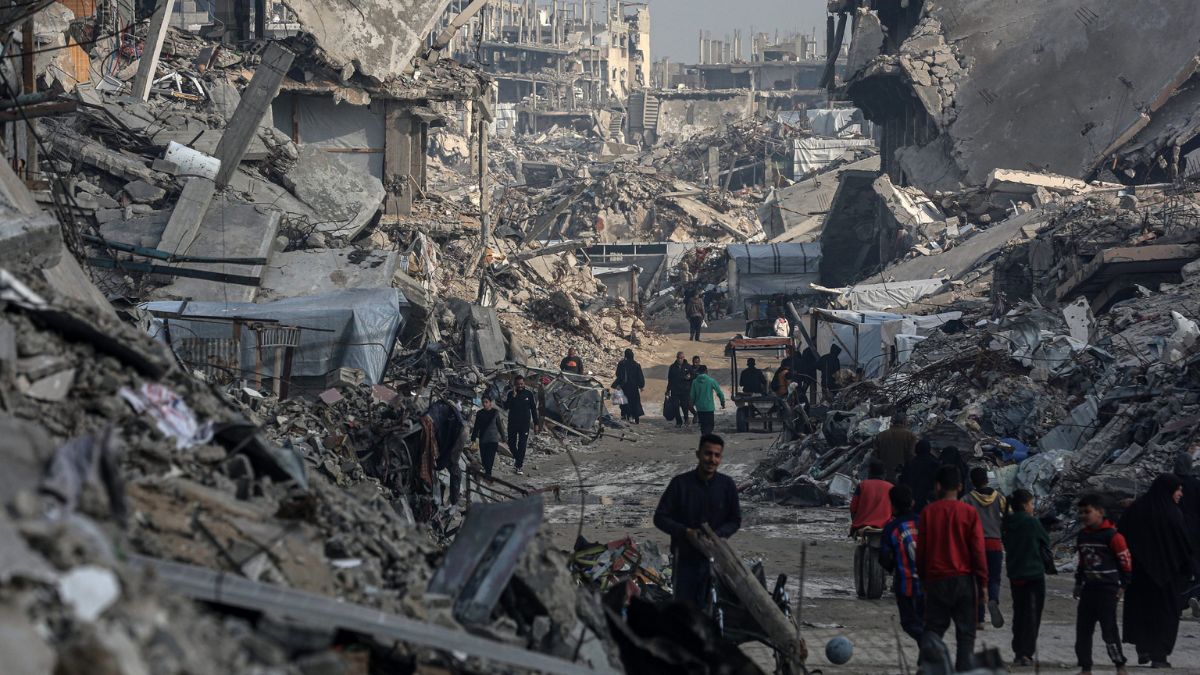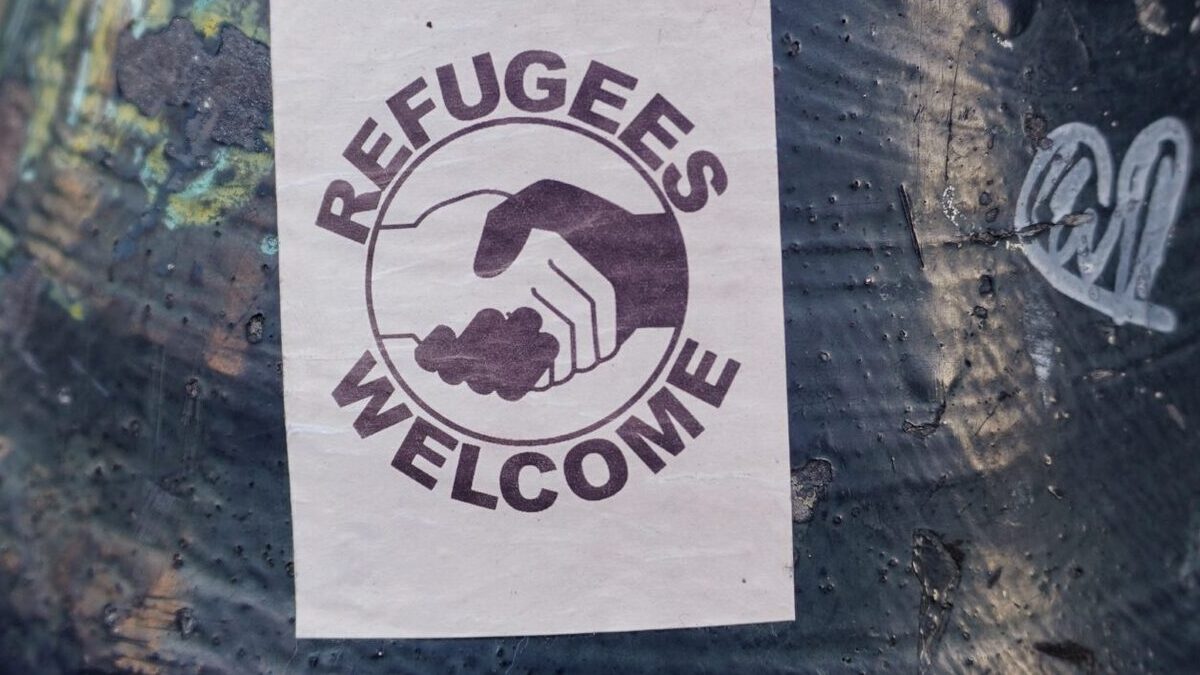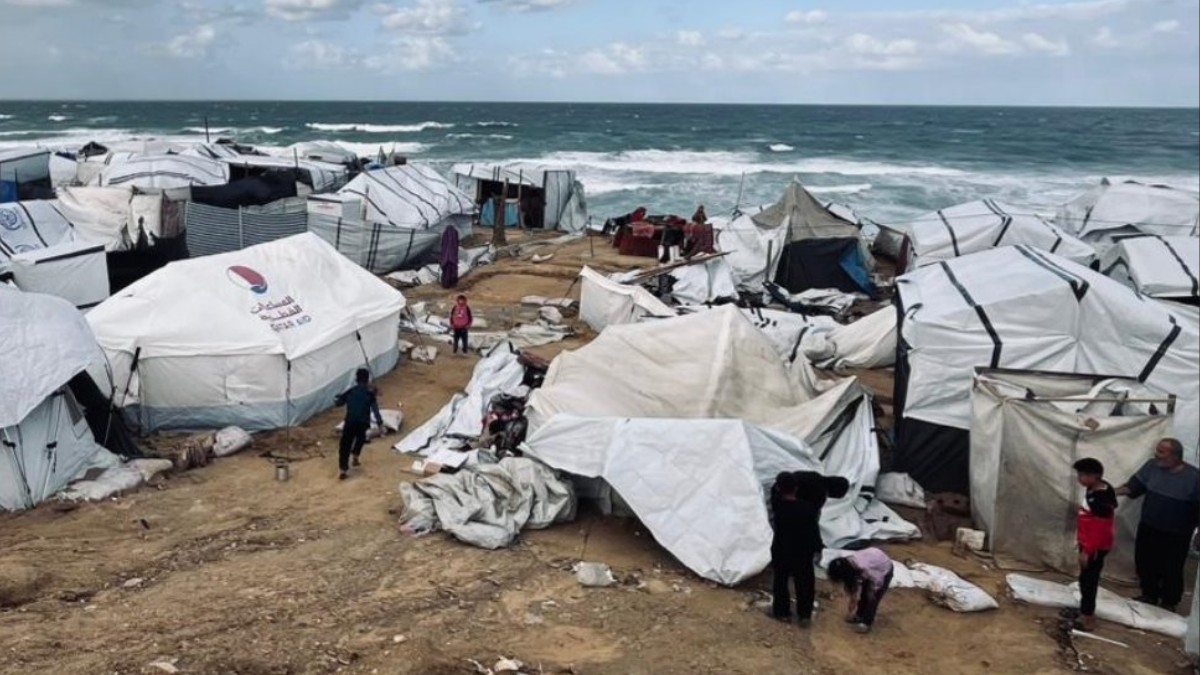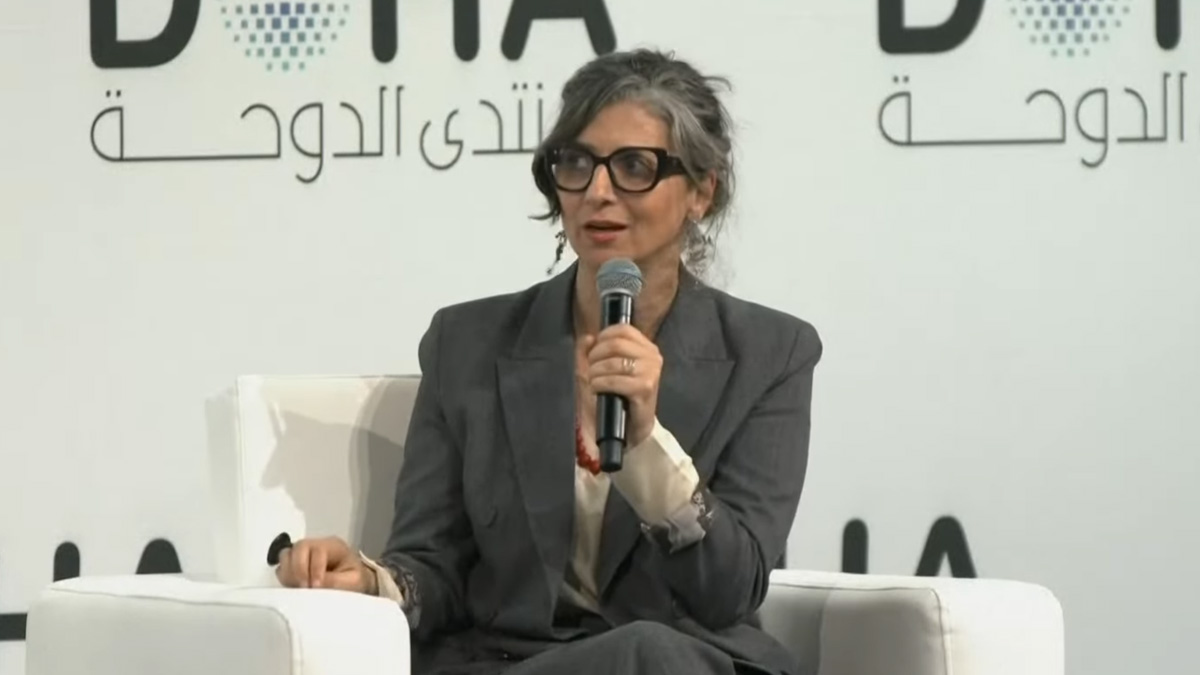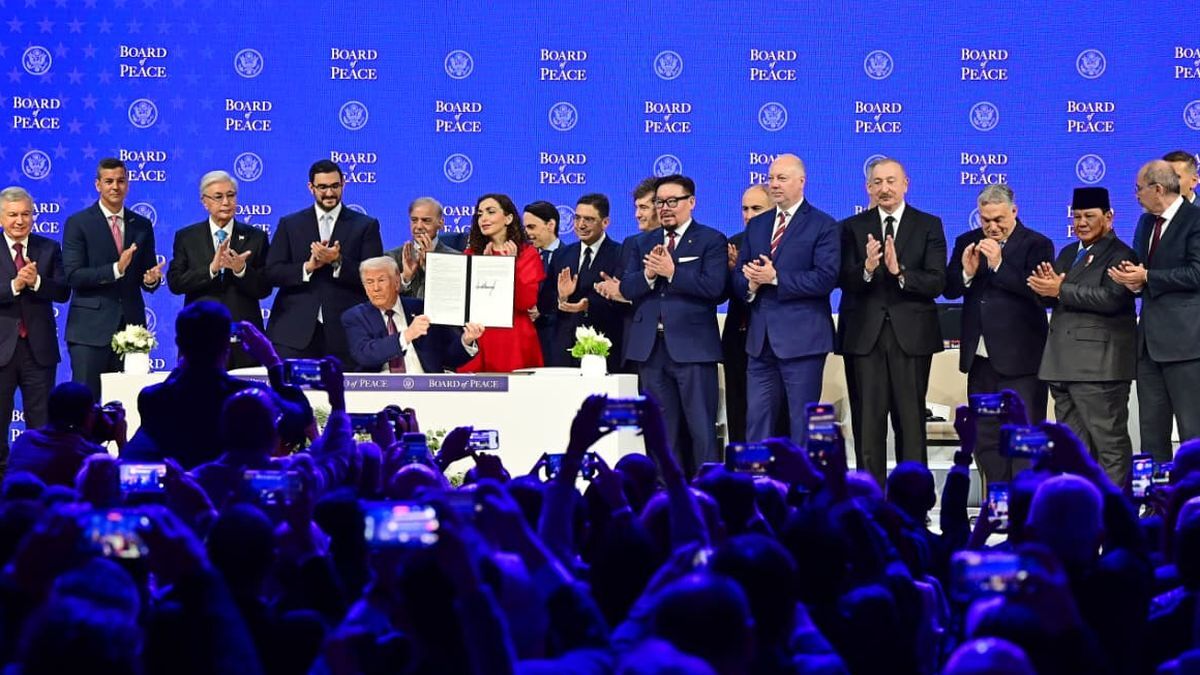France and Spain renew UN veto reform push, citing Gaza crisis as a moral test
France and Spain have launched a fresh diplomatic campaign to limit the UN Security Council’s veto powers, arguing that the world body’s inability to act over Gaza demonstrates a failure of collective responsibility. The initiative seeks voluntary restraint from the Council’s permanent members in cases of mass atrocities.

- France and Spain have renewed efforts to restrict the veto power of the five permanent members of the United Nations Security Council (UNSC), saying Gaza’s humanitarian catastrophe shows the system’s paralysis.
- The two nations call for a voluntary restraint mechanism—the “Franco-Mexican initiative”—to prevent vetoes in cases involving mass atrocities or war crimes.
- Reform momentum is growing, but change remains unlikely without the consent of the very powers whose privileges are at stake.
France and Spain have renewed calls for reform of the UN Security Council, seeking to restrict the use of veto power by its five permanent members—China, France, Russia, the United Kingdom and the United States—in cases involving war crimes, genocide or crimes against humanity.
The move, unveiled jointly by Foreign Ministers Jean-Noël Barrot of France and José Manuel Albares of Spain on 30 October 2025, comes amid international frustration at the Council’s repeated deadlock over Gaza.
Barrot said the current veto system “locks the Security Council in silence when basic human rights are violated”.
“That’s why we are pleading so hard in favour of Security Council reform—to unlock decisions that are blocked by veto when fundamental human rights are at stake,” he added.
Albares voiced similar urgency, describing the humanitarian crisis in Gaza as a test of the UN’s credibility. “We defend international law, international humanitarian law, and the protection of civilians,” he said.
He further urged nations “to speak out against the inhumane blockade that Israel is imposing on the Gaza Strip—a blockade on humanitarian aid, on food, on medicine.”
Gaza drives demand for reform
The Gaza conflict has become emblematic of the UN’s paralysis. Despite widespread calls for a ceasefire, multiple draft resolutions failed in the Security Council this year, often due to the use of veto by permanent members.
France and Spain argue that such impasses undermine the Council’s legitimacy and betray the founding principles of the UN Charter. The French foreign ministry explained that the initiative seeks “a voluntary and collective undertaking by the five permanent members not to use the veto where mass atrocities have been ascertained.”
Spain has formally supported similar proposals, calling for “all initiatives aimed at limiting the use of the veto in situations of mass atrocities” as part of broader UN reform.
The two countries have rallied support for what is commonly known as the “Franco-Mexican initiative”, first launched in 2015. Over 100 UN member states have since endorsed the idea of voluntary veto restraint when the Security Council is dealing with genocide, war crimes or crimes against humanity.
Details of the proposed reform
The plan does not seek to abolish the veto outright, a step that would require amending the UN Charter and the agreement of all five permanent members—a near-impossible task.
Instead, it proposes:
-
A voluntary commitment by the P5 not to exercise the veto in cases involving mass atrocities.
-
A code of conduct governing veto use, enhancing transparency and accountability.
-
Expansion of Council membership, adding permanent seats for Japan, Germany, Brazil and at least two African nations to better reflect 21st-century geopolitics.
Barrot said France believes these measures would “restore the Council’s credibility” and “give voice to regions that are currently under-represented in global decision-making.”
Political obstacles remain steep
Despite growing international backing, the reform faces entrenched resistance. The veto powers—particularly the United States, Russia and China—have shown little appetite to voluntarily limit their authority.
Even among reform advocates, questions persist about enforcement. Since the initiative is voluntary, there is no legal mechanism to compel compliance. Critics also argue that the veto, while frustrating, prevents the Council from acting against the interests of major powers and thus stabilises the international system.
Nevertheless, Spain maintains that moral and political pressure can gradually change behaviour.
“What we are proposing is not revolution, but evolution,” an official in Madrid said, adding that the reform’s success will depend on “building consensus and demonstrating that credibility matters as much as power.”


